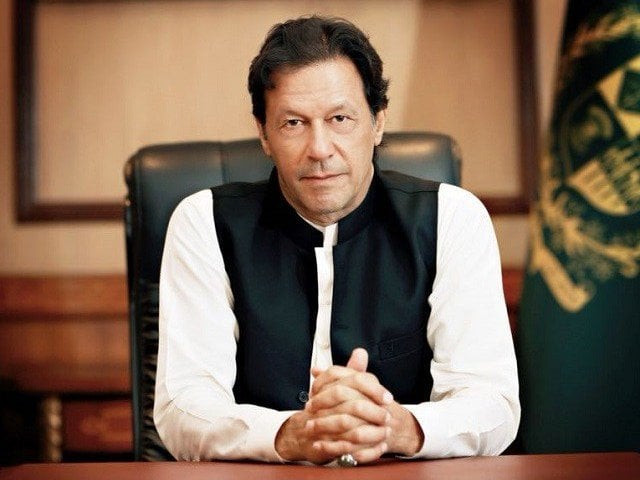Middle East tension: test for Pakistan’s policy
Any misstep in the on-going Middle East situation will have repercussions that we may not be able to deal with

Prime Minister Imran Khan. PHOTO: PTI
For Pakistan, it already struggles to maintain a delicate balance in its relationship with different Muslim countries. This is yet another challenge that would surely test the skills and ability of its decision makers to stay away from the mess. The official reaction from Islamabad to the killing of Gen Soleimani was, therefore, naturally very guarded. An official hand-out issued by the Foreign Office expressed Pakistan’s “deep concern with the recent developments in the Middle East, which seriously threaten peace and stability in the region.”
Without mentioning the assassination of the Iranian general, the official readout emphasised the need for “respect for sovereignty and territorial integrity” and called for avoiding “unilateral actions and use of force.”
Within hours of the drone strikes, US Secretary of State Mike Pompeo telephoned Army Chief General Qamar Javed Bajwa and discussed the situation in the aftermath of Soleimani’s killing.
An ISPR statement said Secretary Pompeo and Gen Bajwa discussed the regional situation including the possible implications of the recent escalation in the Middle East. The Army Chief, according to the military’s media wing, emphasised “maximum restraint” and constructive engagement to de-escalate the situation in broader interest of peace and stability.
But Pakistan’s call for restraint aside, it is evident that the situation would only get worse from here onwards. This means that the government or those who are in charge of the country’s foreign policy must be prepared for any contingency. An escalation leading to a conflict in the Middle East is bound to affect Pakistan. First, the increase in global oil prices will surely hit Pakistan, which is already struggling to revive its ailing economy. The global oil prices once shot up to $150 per barrel in 2008-09 because of the global economic recession. Pakistan was hit hard by that despite the fact that the Pakistani rupee was far stronger against the US dollar. If the oil prices hit the $150 per barrel mark in the coming months, this would have unimaginable consequences for ordinary Pakistanis.
This is, however, something that is not in Pakistan’s hands. What Pakistan can do and must do is try to take decisions based on its own national interests. We have recently shown how vulnerable our decision making process could be in the case of the Kuala Lumpur summit. Any misstep in the on-going Middle East situation will have repercussions that we may not be able to deal with. We often curse our politicians but in the present situation only the democratic institutions can bail us out. As we have demonstrated during the Yemen War in 2015, the parliament can play a central role in shaping our foreign policy on the brewing tensions in the Middle East.
Published in The Express Tribune, January 6th, 2020.
Like Opinion & Editorial on Facebook, follow @ETOpEd on Twitter to receive all updates on all our daily pieces.













COMMENTS
Comments are moderated and generally will be posted if they are on-topic and not abusive.
For more information, please see our Comments FAQ